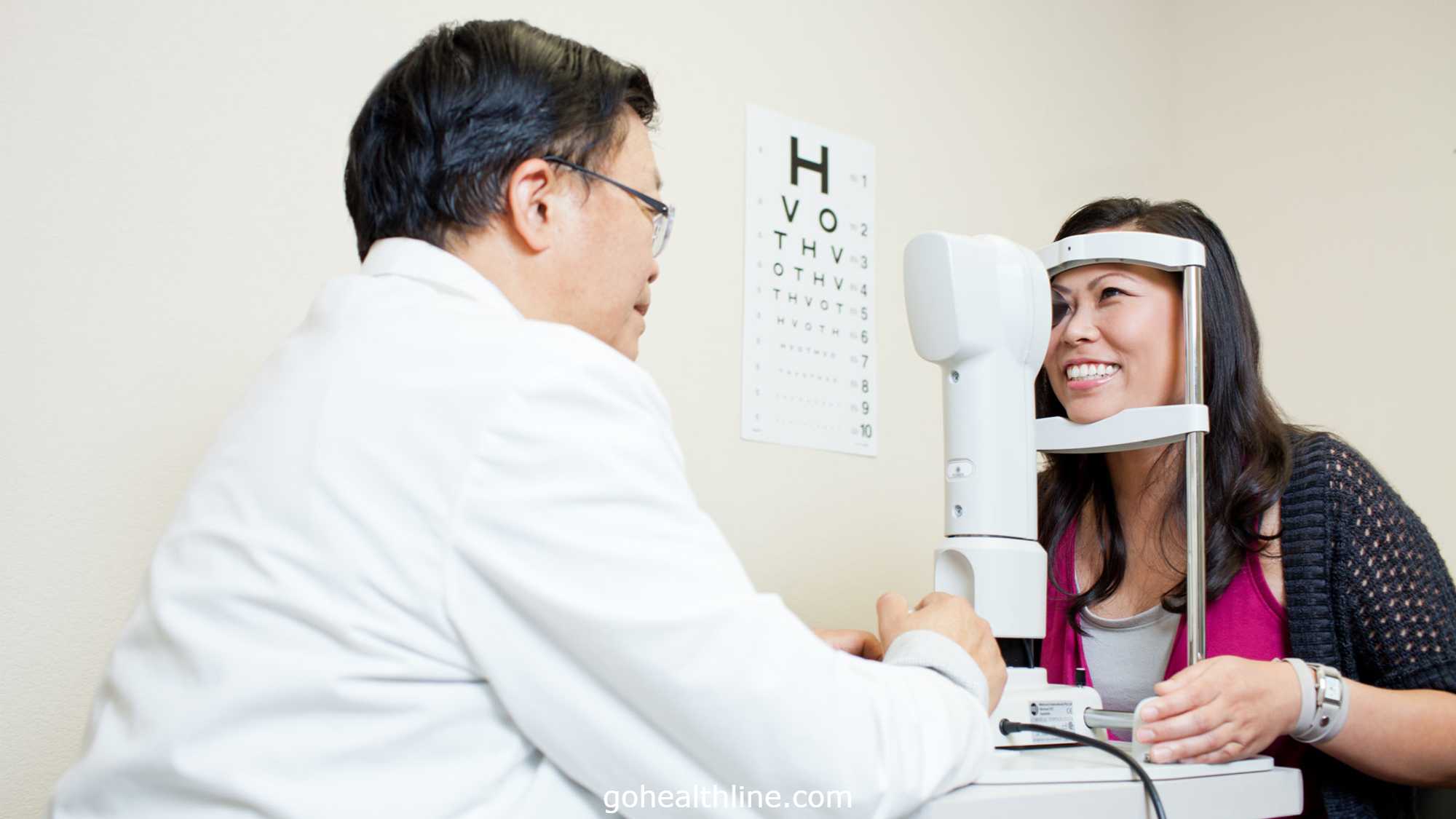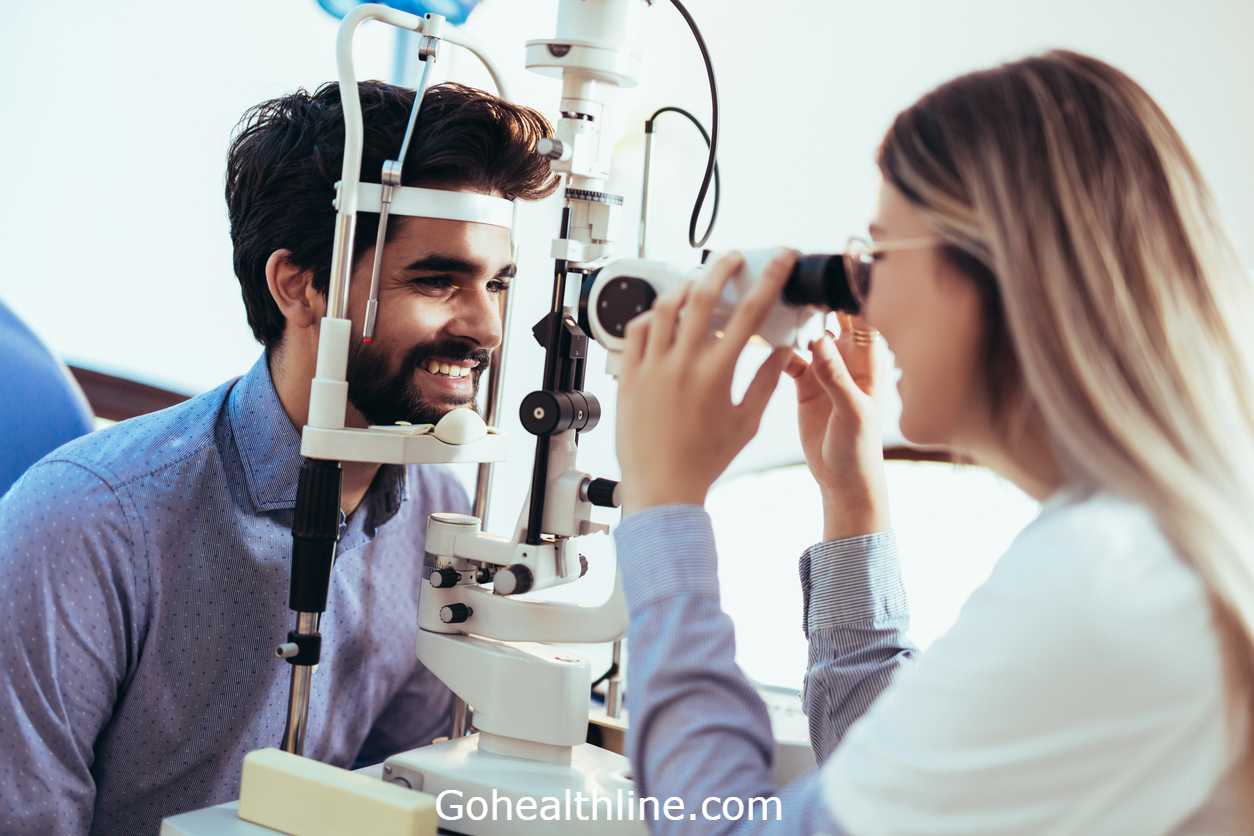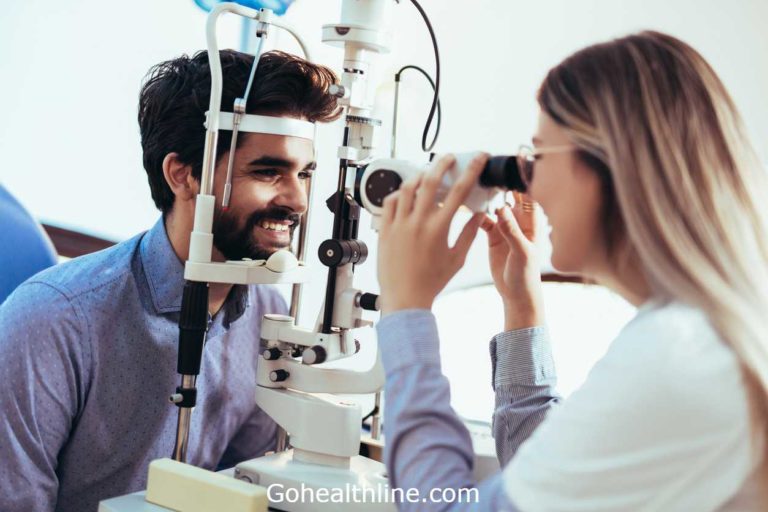The benefits of health insurance are obvious to most people. But what about vision insurance? Do you really need it? Does health insurance cover eye exams? The short answer is that many people can find added value in vision insurance.
The distinction between health insurance and vision insurance can be difficult or confusing for some people. Especially because health insurance cover eye exams are often used as a supplement to general health insurance.
To help you understand the difference between vision and health insurance, our Downtown Eyes vision and eye specialist shares more information below. We will also discuss some important details you need to know about vision insurance.
Health and Vision Insurance the main factors to consider differentiating between:

Health insurance and vision insurance are the types of eye exams you will get and why you would like to see an eye doctor. In general, an ophthalmologist’s visit is divided into “routine” or “medical”.
However, this does not necessarily indicate the steps your doctor will take to test your eyesight. A comprehensive “routine” eye exam may include the same elements as a comprehensive “medical” eye exam.
Also, the type of doctor you go to for an eye exam usually doesn’t affect the type of insurance you need. For example, if you go to an ophthalmologist, the examination is not necessarily considered a medical examination.
The reason for your visit is important not only for your diagnosis but also for determining the type of coverage you need.
For example, routine eye exams can lead to diagnoses like astigmatism or myopia, while medical eye exams can lead to diagnoses like conjunctivitis. What about the
You May Like This:
Vision Discount Plan:
You may have also heard of the Sight Discount Plan. This is different from vision insurance because discounted vision plans can only offer discounts on vision care.

Sight discount plans are usually less expensive than sight insurance. It is important to consider how often you need to have your eyes or new lenses checked when choosing between vision insurance and discounted vision plans.
For example, if you visit your eye doctor regularly, are at risk of developing an eye disease, or need preventive care and corrective lenses, you may benefit greatly from your vision insurance.
Understanding Coverage Does Health Insurance Cover Eye Exams?

If you have both health and vision insurance, it’s important to be familiar with all the plans they can offer. Make sure your insurance company is familiar with how to perform routine eye exams and medical eye exams.
For example, your health insurance may cover medical eye problems but not pay for regular eye exams. In other cases, your vision insurance may cover eyeglasses and contact lenses, or your health insurance may only pay for the exam if you have a health problem.
Obviously, this is a complex and confusing question, so you may want to consider a medical and/or detailed vision insurance plan. Insurance coverage usually depends on the insurer, so it’s best to discuss it with your insurer.
If there are any vague details, feel free to point them out and ask for clarification.
Also keep in mind that many eye doctors are familiar with insurance plans, but it is not their responsibility to know all the details of the policy. Make sure you are aware of possible deductibles and surcharges.
For example, your insurance may cover routine eye exams, but you will still have to pay if the deductible is not met.
You can better understand what to expect during these exams by asking your insurer about the various possible scenarios. It also helps you get the most out of your insurance plan.
Sample Script:
Here are some real-world examples you can refer to give you a clear idea of how sight and health insurance generally work. Let’s say you have both a health plan and a separate vision plan.
Let’s say you decide to visit your doctor for an annual eye exam. Your glasses are damaged and you need new ones.
At the clinic, the ophthalmologist performs routine eye exams, in the meantime, you need to make some changes to your prescription and determine that you also have signs of glaucoma.
You will then be asked to come back to the clinic in a week for further examinations.
FAQS of Does Health Insurance Cover Eye Exams?
Is eye care covered by health insurance?
Home health insurance usually does not include eye exams – but they can cover up to 100% of the cost of prescription lenses, frames, or contact lenses (depending on your policy).
How do I know if my insurance includes automation?
It can be easy to check your employer or personal plan vision insurance facility by visiting the website address listed on your insurance card. For example, with VSP Vision Care, the largest vision insurance provider in the United States, just click on my view link on the VSP website.
Does the medical cover the eye?
Routine eye examinations every 24 months
All Medium-Call members are eligible for a regular eye test, which checks eye health and tests for a spectacle prescription. Only members under the age of 21 and residents of a nursing home receive coverage for glasses (frames and lenses).
How many eye tests from the pocket?
You can expect a fee by mixing the national average from FAIR Health and VSP: $ 171- $ 200 without repeated patient visit insurance (first visit) is the average cost of an eye test. $ 46 for the symbolic vision test.
Conclusion:
Figuring out the details of health insurance cover eye exams especially vision insurance can be tricky. Depending on your privacy policy, you may be able to pay for some regular eye exams, but unfortunately, most don’t.
Because vision insurance is in addition to regular health insurance, it can be difficult to know what benefits are included and what additional costs are.
To simplify this, insurance companies divide eye doctor visits into two groups: regular visits and medical visits.
These two types of visits are still considered complete eye exams that cover the same elements, and the type of doctor you visit will not change. An eye doctor or optometrist can perform routine or medical eye exams and cost between $50 and $250.
